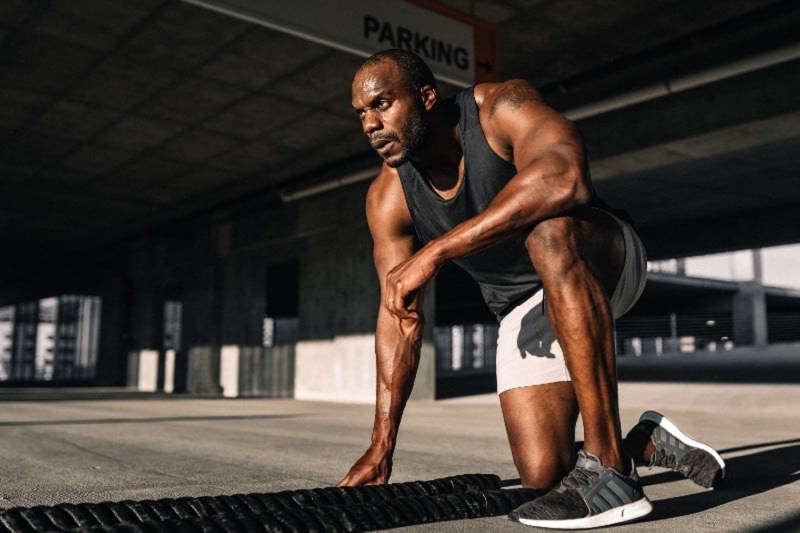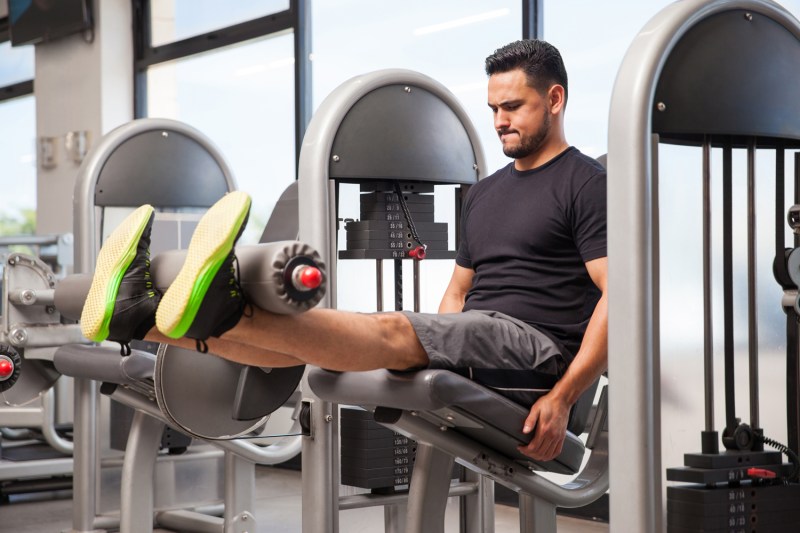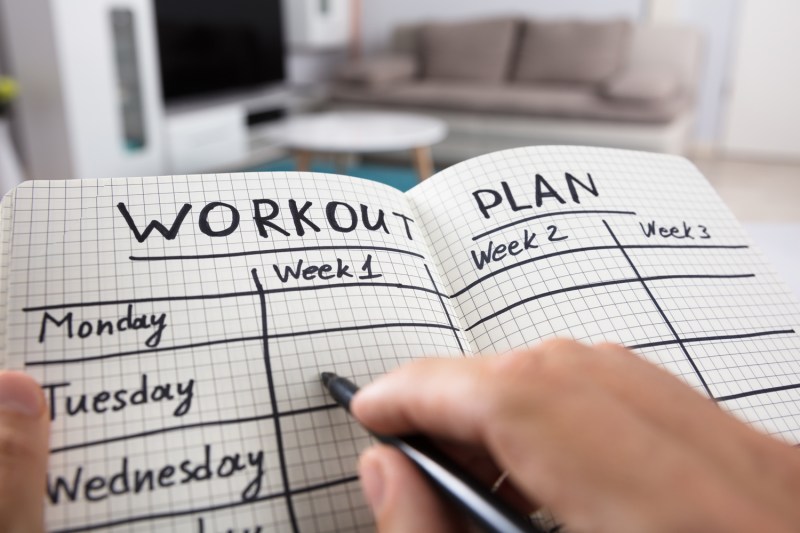Whether it’s to lose weight or build muscle, a greater number of people appear to be working out more often nowadays. They’re eager to live a healthy lifestyle and keep their bodies in shape. If you’re hoping to start your own workout routine, you may be thinking that although it’s strenuous, it’s worth a try. However, it’s very easy for people to form and stick with bad habits that can be detrimental both to their health and their routine. Out of all the fitness tips out there for both expert bodybuilders and newcomers, there are some that advise people on how to avoid making working out more harmful than helpful.
Below are 10 bad workout habits that, if you happen to do when working out, you need to work on breaking!
1. You don’t give muscle groups equal attention

There’s a reason why people say too much of something is bad for you. While it’s okay to put a little more focus on specific muscle groups, don’t neglect the rest of your body’s muscles.
Granted, there is no definitive standard as to how much of a certain exercise you need to implement into your workout routine; everybody’s needs or goals are different. Even if you want to target certain muscles, creating a total body workout routine that involves all muscle groups to some capacity ensures that you’re maintaining a balanced body composition.
2. You overcommit to your workout schedule

Being able to stick to a strict workout schedule is admirable; it shows discipline and determination to maintain good health. However, some people can take it too far by working out every day “as much as possible,” which can lead to burnout that makes them want to stop altogether.
Spending too much time during the week working out prevents your body from being able to rest and recover, even leaving you susceptible to significant health risks. Give your body a break at least a few days a week; the more exhausted your body becomes from working out too much, the less likely it is that you’ll find any benefit in it.
3. You follow a program meant for someone else

Everyone’s body composition is different, with some having different needs and limitations than others. While it’s fine to take some inspiration from others’ workout programs, copying someone else’s routine down to the letter may not work for you. This is especially true if it involves exercises that are far beyond your capabilities. For maximum results, it’s best to stick to your own unique program catered for you to maximize results for yourself.
4. You expect progress to come too quickly

Working out should never be seen as a quick fix; regardless of how much they would benefit you, no amount of push-ups or deadlifts will magically make you ultra-muscular overnight.
Working out is very similar to honing a skill in the sense that it will realistically take quite some time to start seeing results. You’ll find yourself very disappointed if you expect optimal results after only one week of working out. Be patient and persistent in your workout routine, and your progress will become more noticeable over time.
5. You have bad form

Even the simplest of exercises will seem challenging — and even dangerous — for your body if you’re not doing them correctly. Bad form while working out places uneven stress on your muscles, which can lead to them being strained or torn. In more serious cases, you may even sustain a serious workout injury like a dislocated wrist or sprained joint.
If you find yourself unable to maintain the correct form for a certain exercise, don’t push yourself. Either find a more manageable alternative or work to correct your form and try again later.
6. You start your workout without a plan

Bodybuilding and weight loss are slow processes, but simply walking into your local gym and hopping onto random machines won’t make them any faster. If anything, that might hinder any potential progress. Consistency is key here; create a workout routine that works for you and stick to it to get better results. It’s OK to change certain parts of your regimen, but spontaneously changing it every day will likely slow down your progress.
7. You don’t utilize progressive overload

When you first get in the gym, you want to start with more straightforward exercises and lighter weights. However, once you’ve got your form down and the exercises start to feel too easy, it’s time to switch it up!
Progressive overload ensures that you make consistent progress and don’t plateau. Progressive overload can come in many forms, such as in the following examples:
- Increase resistance
- Increase number of sets
- Increase number of reps
- Decrease rest time
- Increase number of exercises per workout
8. You don’t track your progress

If you started working out with a certain goal in mind, such as losing weight or gaining muscle mass, then you should be tracking your progress. Doing so allows you to see how much closer you are to your goal, how you can improve, and if you need to adjust any part of your workout routine. This sense of direction will make it much more likely that you will reach your goal.
9. You don’t enjoy your workouts

If you force yourself to endure a workout routine that bores you or seems generally uninteresting, you’ll eventually lose motivation and stop altogether. The best way to prevent your routine from getting stale or even tiresome is by adding some variety.
If the idea of going to the gym or doing certain exercises doesn’t sound enjoyable, don’t force yourself to do them. Instead, find activities that you do enjoy that also help you progress toward your fitness goals.
10. You skip warm-ups and cooldowns

Warming up is extremely important before exercising because it increases your heart rate and blood flow, allowing your muscles to receive more oxygen throughout your routine. Trying to jump straight into your workout routine without first warming up your muscles can make it easier to strain your muscles or even sustain workout injuries. Likewise, cooling down afterward is just as important, as it allows your body to begin recovering and restoring energy for the rest of your day.
Some days it may feel inconvenient to go through these routines, but they only take five minutes. That’s all it takes to promote flexibility and mobility and reduce your risks of getting injured.



